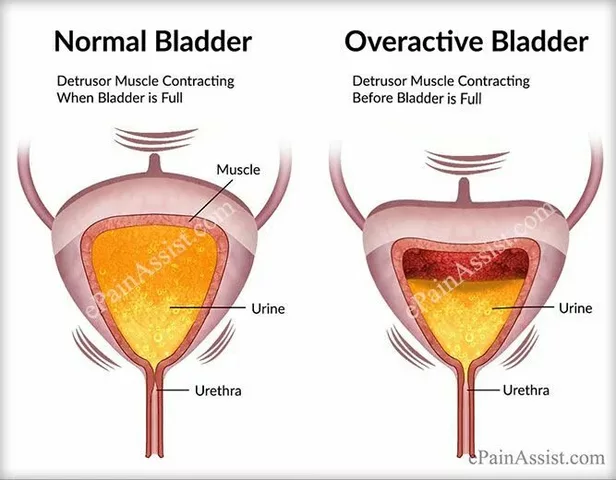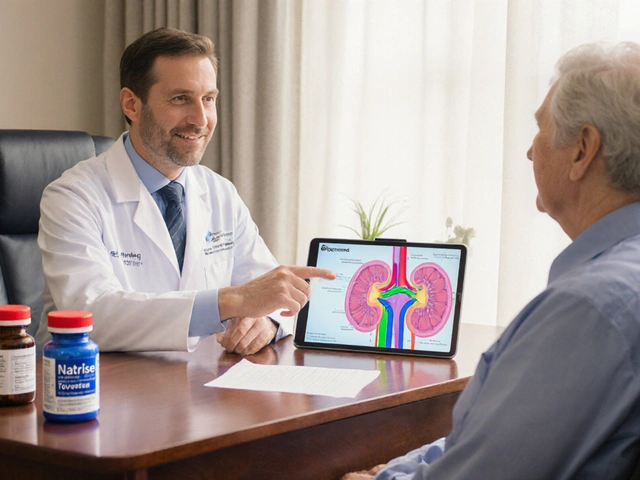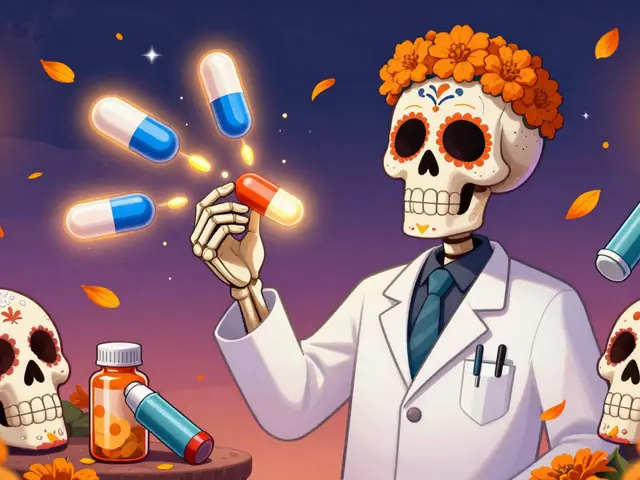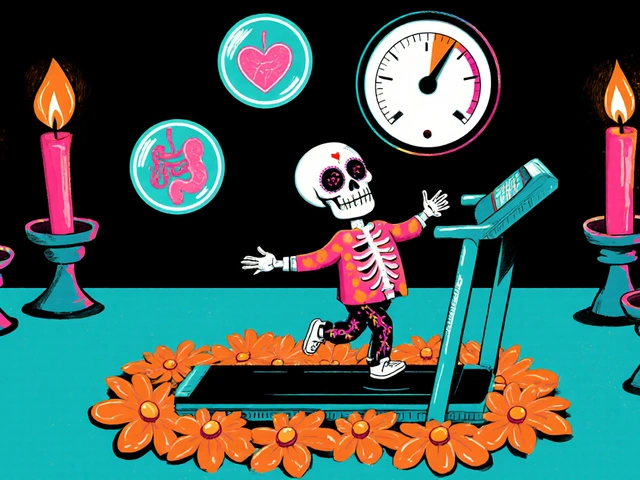Nephrotoxic Drugs: What They Are, Which Ones to Watch, and How to Protect Your Kidneys
When you take a medication, you trust it to help—not hurt. But some drugs, known as nephrotoxic drugs, medications that can cause direct damage to kidney tissue or impair kidney function. Also known as nephrotoxic agents, these substances don’t always show warning signs until kidney damage is already underway. The kidneys filter blood, remove waste, and balance fluids—when nephrotoxic drugs interfere, even small changes can lead to serious problems.
Nephrotoxic drugs aren’t rare. They include common prescriptions like topiramate, an anticonvulsant linked to kidney stones and reduced kidney filtration, and antibiotics like amikacin, an aminoglycoside that can build up in kidney cells and cause injury. Even over-the-counter pain relievers like ibuprofen or naproxen, when used long-term, can reduce blood flow to the kidneys and trigger harm. People with existing kidney issues, diabetes, or high blood pressure are at higher risk—but anyone on multiple medications could be affected. It’s not about avoiding medicine—it’s about knowing which ones carry hidden risks and how to monitor for early signs.
Some drugs cause problems slowly. You might not feel anything until your creatinine levels rise or your urine output drops. Others, like certain chemotherapy agents or contrast dyes used in imaging scans, can cause sudden damage. That’s why knowing your meds matters. If you’re on a long-term regimen, ask your doctor if any of your drugs are nephrotoxic. Simple steps—like staying hydrated, avoiding dehydration during illness, and getting regular kidney function tests—can make a big difference. The posts below cover real cases: how topiramate raises kidney stone risk, how amikacin compares to other antibiotics that stress the kidneys, and how blood pressure meds like lisinopril can sometimes help—or hurt—kidney health depending on the situation.
You don’t need to stop your meds. But you do need to be aware. These posts give you clear, practical info—not fear, not jargon—just what to watch for, how to talk to your doctor, and how to keep your kidneys working as they should.
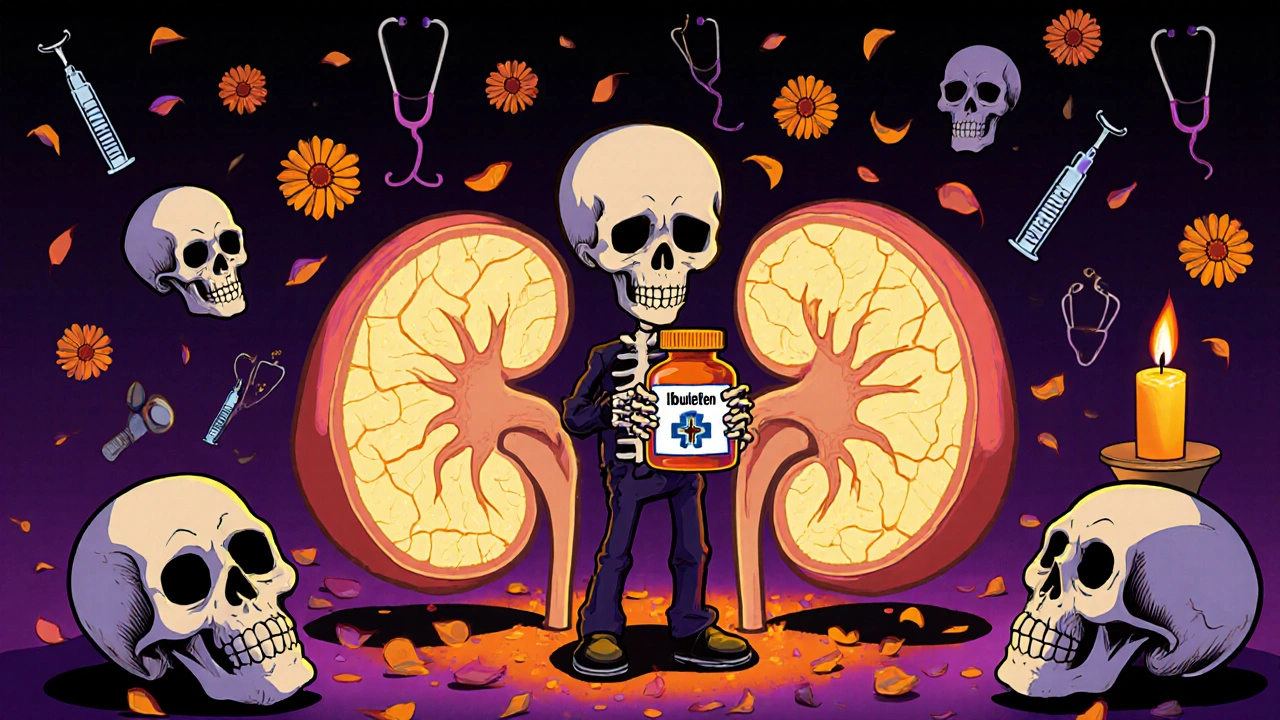
Drug-induced kidney failure is a preventable crisis caused by common medications like NSAIDs and antibiotics. Learn how to spot early signs, avoid high-risk drugs, and protect your kidneys before it's too late.
Chris Gore Oct 30, 2025

